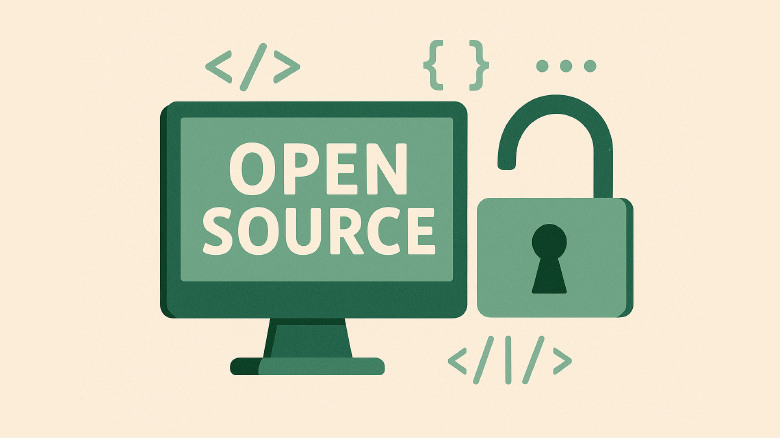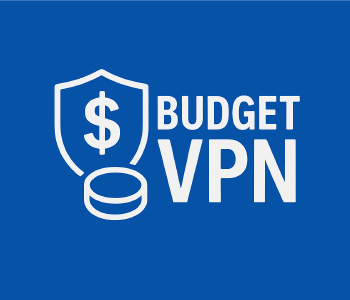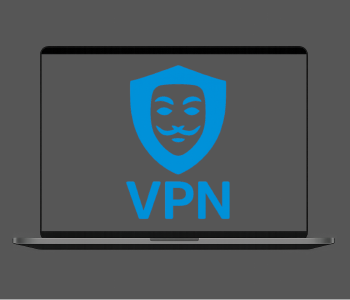
Why Open-Source VPNs Deserve Your Attention
You’ve probably seen VPN providers touting fancy features and airtight privacy. But here’s a question: can you actually verify what’s going on under the hood? Unless the code is open source — probably not.
Let’s dig into why that matters. Especially if you care about real privacy.
What Is an Open-Source VPN?
In short: it’s a VPN whose source code is public. Anyone — from security researchers to curious users — can read it, inspect it, and flag anything sketchy. This doesn’t just build trust. It also means bugs, security holes, or privacy concerns are more likely to be caught (and fixed) fast.
A lot of closed-source VPNs ask you to trust them blindly. Open-source options don’t. They give you proof — not just promises.
Why It Matters for Privacy
Most people get a VPN to avoid being tracked, spied on, or profiled. But if your VPN isn’t being open about what it’s doing? That’s a pretty big blind spot.
Here’s what makes open-source VPNs worth a closer look:
🔍 Transparency
You can see exactly how the VPN works — including what it logs (or doesn’t), how it handles encryption, and whether there’s any shady backdoor access.
🛠️ Independent Audits Are Easier
Because the code is public, it’s easier for third-party experts to run proper audits. Several top open-source VPNs have been verified this way — which adds serious credibility.
🧑💻 Strong Community Support
With open code, issues get flagged and fixed by a global community — not just one internal team. That means updates are often quicker and more secure.
🚫 Fewer Hidden Surprises
There’s a reason privacy pros trust open-source tools. You’re less likely to get hit by “surprise” data collection, weak encryption, or undisclosed vulnerabilities.
Real-World Examples That Work
Some of the most respected VPN tools today are open source — or built on open-source foundations. WireGuard, for example, is one of the fastest and most secure VPN protocols around. And guess what? It’s open source.
Other privacy-first providers (like Proton VPN and Mullvad) have made their entire apps open source. It’s a strong move — and it shows they’re confident in what they’ve built.
Are There Downsides?
A few, yeah. Open-source VPNs might not have the same glossy interfaces or massive marketing budgets as big-name brands. And some of the more advanced settings can feel technical if you’re new to VPNs.
Also, not all open-source VPNs go through formal audits — so “open” doesn’t always mean “perfect.” But it’s a good start.
Bottom Line
If you’re serious about online privacy, open-source VPNs are worth a look. They’re transparent, flexible, and often better vetted than their closed-off counterparts.
You still need to check for things like no-logs policies, decent speeds, and strong support. But open source? It’s a big trust signal — and one that’s hard to fake.
Want more peace of mind? Choose a VPN where you (or someone smarter than you) can see exactly how it works.





